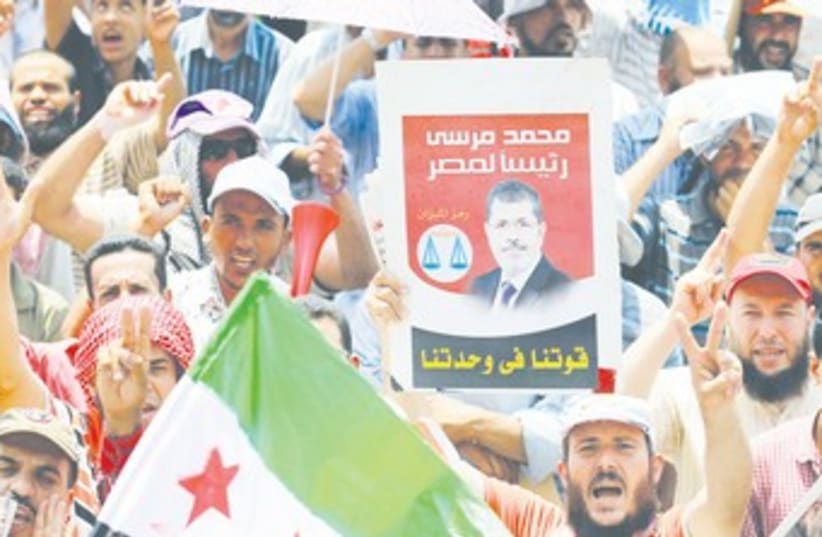The writer is a former ambassador to Egypt.
Analysis: Brotherhood taking total control of Egypt
With rise of Morsy, a new dictatorship may be replacing the old while world persists in looking for signs of pragmatism.

The writer is a former ambassador to Egypt.